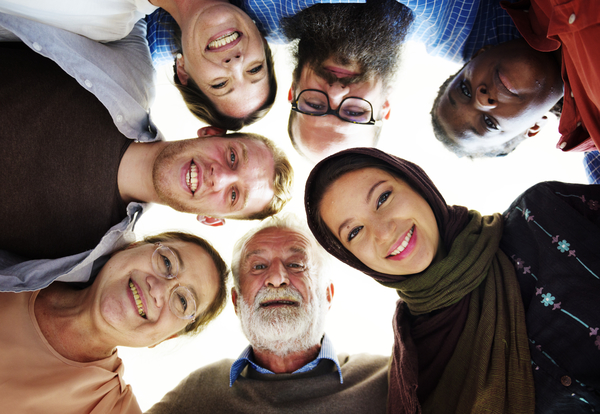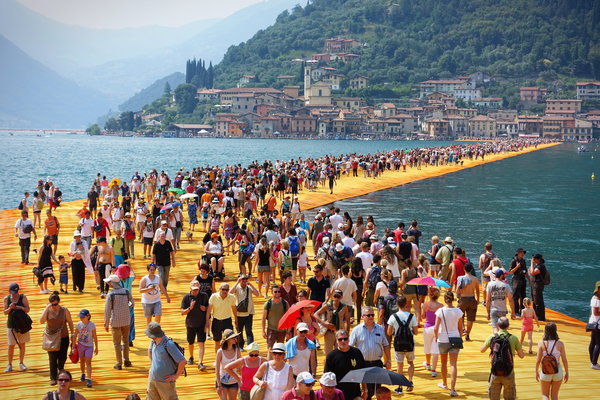11 November 2021, 2 - 5 pm, Staatsoperette
The discussants of the main forum "Transformation" will deal with the idea of a transnational transformation in the cultural market and in cultural enterprises. This is not exclusively about national spaces or borders of cultural collectives, but also about transformations towards digitality and new audiences who, as Generation Global, see themselves more than ever as digital transnationals. How does mediation work in the digital age? Do transnational cultural projects drive social transnationalism? What benefits do transnational cultural projects create for society in general?
1. Discussion 2 - 2:45 pm
Activating Cultural Policy beyond National Culture
Reflecting on national culture seems to be difficult not only because of the permanently advancing globalization and networking possibilities. The debate about the concept of national culture has been going on since the 2000s. While some strongly doubt the existence of national culture (Süddeutsche Zeitung, 2000), others attribute a very high rank to national culture as an identity-forming bond (Die Zeit 2000). What is the situation a good 20 years later? What must and what should culture and politics do today beyond a national culture in order to do justice to the diverse society and where must or can boundaries also be drawn?
|

|
|
|
Dr. Tobias Knoblich
President of the Cultural-political Society e.V.
Head of Cultural Affairs of the City of Erfurt
|
|
|
© Hartwig Klappert
|
|
|
Prof. Dr. Dr. h.c. mult. Sigrid Weigel
Senior Researcher/Em. Director at the Leibniz Center for Literary and Cultural Research
|
|

|
|
|
Annekathrin Klepsch
Second Mayor and Deputy Mayor for Culture and Tourism of the City of Dresden
|
2. Discussion 3 - 3:45 pm
Boundless Cultural Mediation in the Digital Age

Culture is not an end in itself – culture must be communicated, and with the means of the time. Digitalization and globalization have fundamentally changed these means. New technologies bring with them an enormous innovation dynamic that opens up an infinite creative space. But how is this creative space used? What can a contemporary transnational cultural mediation look like, what demands should it meet?
|
© Luiza Puiu
|
|
|
Anne Aschenbrenner
Journalist for art, culture and digital
|
|
|

|
|
|
Frauke Roth
Dresden Philharmonic Orchestra | Artistic Director
|
|

|
|
|
Steven Walter
Bonn Beethovenfest / Podium Esslingen | Intendant and Director
|
3. Discussion 4 - 4:45 pm
On the Social Benefits of Transnational Cultural Projects

Transnational cultural projects demand a confrontation with the foreign, the other. Furthermore, they enable spaces of communication and understanding and getting to know each other of the participants. Despite the fact that there are already successful transnational projects on an institutional, supranational and also transnational level, the self-image of the citizens of the European Union seems to strongly depend on the national identity. This panel defines the societal benefits and discusses to what extent transnational cultural projects can benefit? Where does more investment need to be made and which adjustments need to be made?
|

|
|
|
Sylvia Amann
Jury President of the European Capital of Culture 2025,
inforelais | Director
|
|
|
© Benjamin Renter
|
|
|
Dr. Yvette Mutumba
Artistic Director of CONTEMPORARY AND (C&)
|
|
|
|
|
|
Subject to change.
A transfer to the other topic forums are possible during breaks.